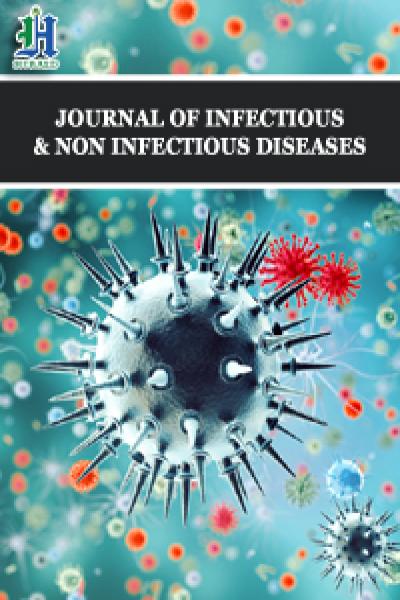
Infectious Diseases
Infectious diseases are disorders caused by pathogenic microorganisms such as bacteria, viruses, fungi, or parasites. These diseases can be transmitted directly or indirectly from one person to another, through contaminated food, water, air, or vectors like mosquitoes. Common infectious diseases include influenza, tuberculosis, HIV/AIDS, malaria, and COVID-19. Symptoms vary depending on the type of infection but often include fever, fatigue, and inflammation.
The spread of infectious diseases can be influenced by factors such as poor hygiene, overcrowded living conditions, lack of access to clean water, and global travel. Some infections are preventable through vaccines, improved sanitation, and public health interventions. Antibiotics, antivirals, antifungals, and antiparasitic medications are used to treat infections, though antibiotic resistance has become a major global concern.
Public health strategies, including surveillance, vaccination programs, and rapid outbreak responses, are crucial in controlling infectious diseases. Ongoing research continues to focus on developing new treatments and vaccines, particularly for emerging and re-emerging pathogens.

